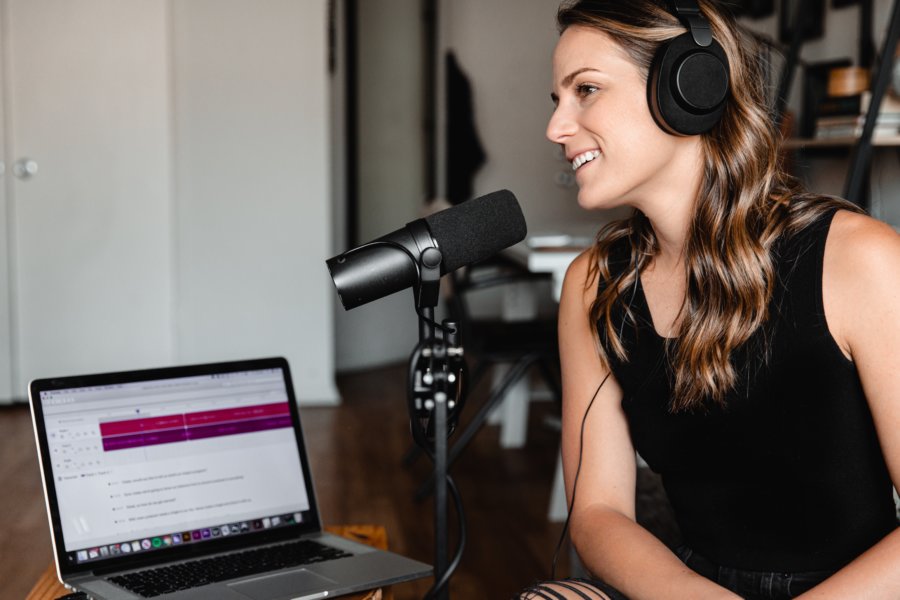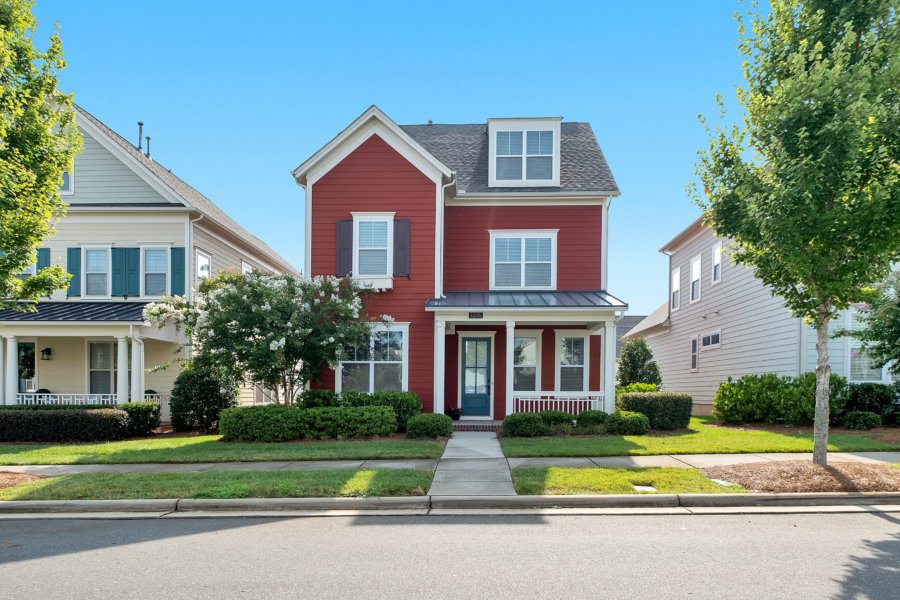Every industry has unique tactics and requirements for getting things done. This is especially true for realtors, who must handle several elements of their own business. One such concern is generating organic leads as a realtor.
It can be challenging to create these leads, especially at first. It takes time and practice for them to feel more comfortable and organic. However, once you get the swing of things and establish a pipeline of leads, you’ll have no problem succeeding in the industry.
Networking
One of the most important things for any realtor to consider is networking. Networking can easily generate the most leads and should never be overlooked. Neighbors, coworkers, friends, etc., can all help generate word-of-mouth advertising. Each new professional connection you create introduces new opportunities.
In other words, to create a base for organic leads, you have to network. There’s no way around it, so get it done. If networking is intimidating for you, take some time to research tips & tricks. This will help you understand your strengths and weaknesses.
Branding
You’ve likely heard the term branding regarding a company’s image – but personal branding is something to consider. A strong personal brand can generate leads while you sleep if done right. How? Your name will be out there, traveling out (by word of mouth, advertising, and other branding techniques), even without your active participation.
Put another way, the better your personal branding strategy, the more consistent your work can be. People will approach you with work, creating more organic opportunities to follow through.
Referrals
Never underestimate the value of a good referral. They’re like gold, showcasing your talent and reliability to potential clients. Referrals come in many forms. For example, it may be a comment from a past client on your website. Or it may be an associate forging a connection between you and a prospective client.
Don’t forget always to show appreciation for these referrals. Especially the ones that have gone above and beyond for you. Encourage this behavior by sending them a thank you note or showing appreciation.
Social Media
Finally, don’t forget about social media. Social media is a powerful tool, with varying effectiveness depending on your goals and utilization. When using social media to generate leads, be sure you’re picking the right platform for your goals. For example, you don’t want to be on TikTok if you’re looking for leads in older generations.
Finding your stride with social media marketing may take a minute, but once you’ve nailed it, the leads will come in. Just keep working on it and be willing to adapt your strategies.





